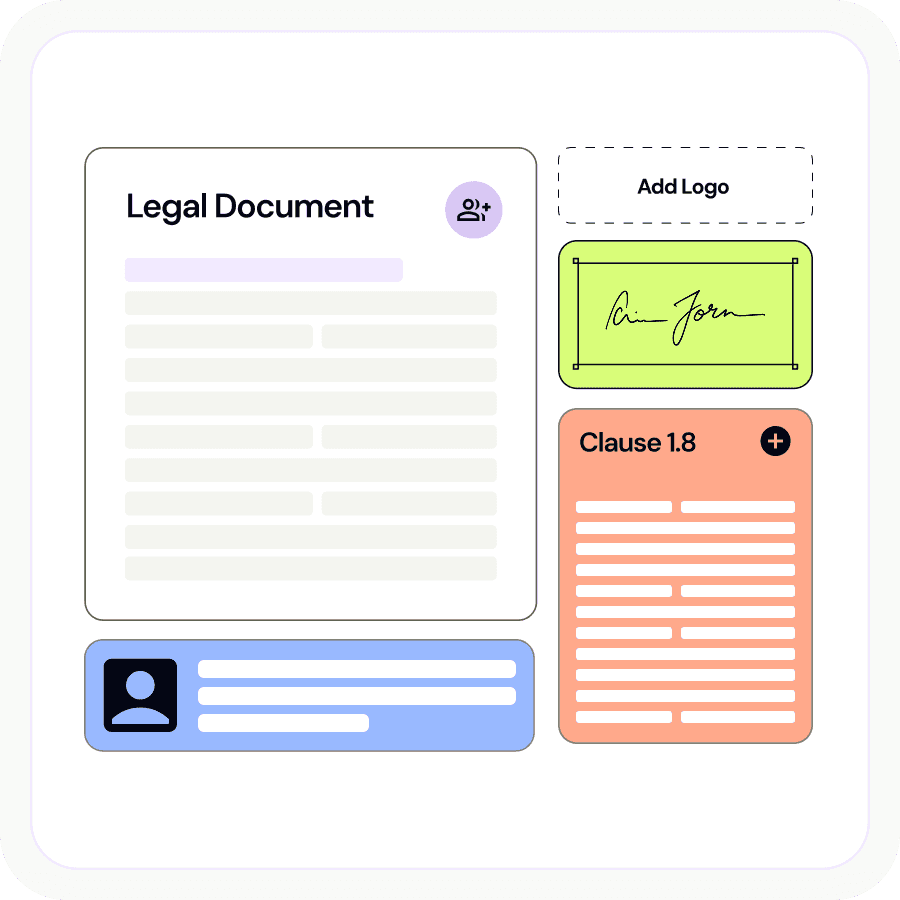Your Tax File Number (TFN) is an important number which stays with you forever. It’s commonly used for taxation, superannuation and identification by the Australian Tax Office (ATO). The issue then is not just whether your lost tax file number is nowhere to be found, but if someone stole it. In this article, we’ll provide some guidance on what you can do if you’ve lost your Tax File Number.
If your Tax File Number has been stolen
Just like when someone steals a credit card, if you believe that someone may have stolen your TFN then you should act immediately. You can contact the ATO on their client identity support service. They can then put in place monitoring to work out if and how your TFN is being used.
In some cases, you may even want to pursue a claim of identity theft depending on the severity.
If you’ve lost your Tax File Number
myGov
This is the fastest, cheapest and most efficient way possible to find your lost tax file number. All you need to do is go to the myGov page. Then fill in your username/email and password. After that, the ATO sends a code to your phone. Fill out the code and you are in. Then you will select the ATO under your services. On the main page of the ATO myGov page, there is a big button saying find my tax file number. This will take you through to a new page displaying your TFN.
ATO
This method is effective during a weekday and within business hours (8:00am-6:00 pm). If that’s not the case you may find the other options more effective. Therefore, if you call during business hours be prepared with your ABN if you are a sole trader. Likewise, for those who don’t have an ABN they will need other forms of ID. The contact number for the ATO is 13 28 61.
Paperwork
There should be a variety of documents which you have accumulated over time. These include:
- Income tax statements
- letters/messages from the ATO
- Paperwork from employment such as PAYG
- Statements from your super fund
As your TFN doesn’t change, as long as you find something like an employment tax summary, then you should be able to find your lost tax file number.
Tax agents and accountants
If you have used or currently still do, an agent then you can request a statement from them of your TFN.
Companies, Partnerships, Trusts
As a company or other business structure, you will need to register for a new TFN for your business. This doesn’t apply to sole traders. The process for finding your lost tax file number is similar to individuals such as following paper trails of invoices, tax statements and business activity statements. If you have employees you can check for your TFN on wage summaries. Furthermore, logging into the Business Portal through the ATO will give you access to statements and BAS. There are other options such as hard copies or emails of your application for a TFN
Conclusion
Whether you are a business or an individual, making sure your TFN isn’t stolen should be the first priority. If that isn’t the case, then following the above steps should put you on track to finding your TFN. The last step is making sure it never happens again.








